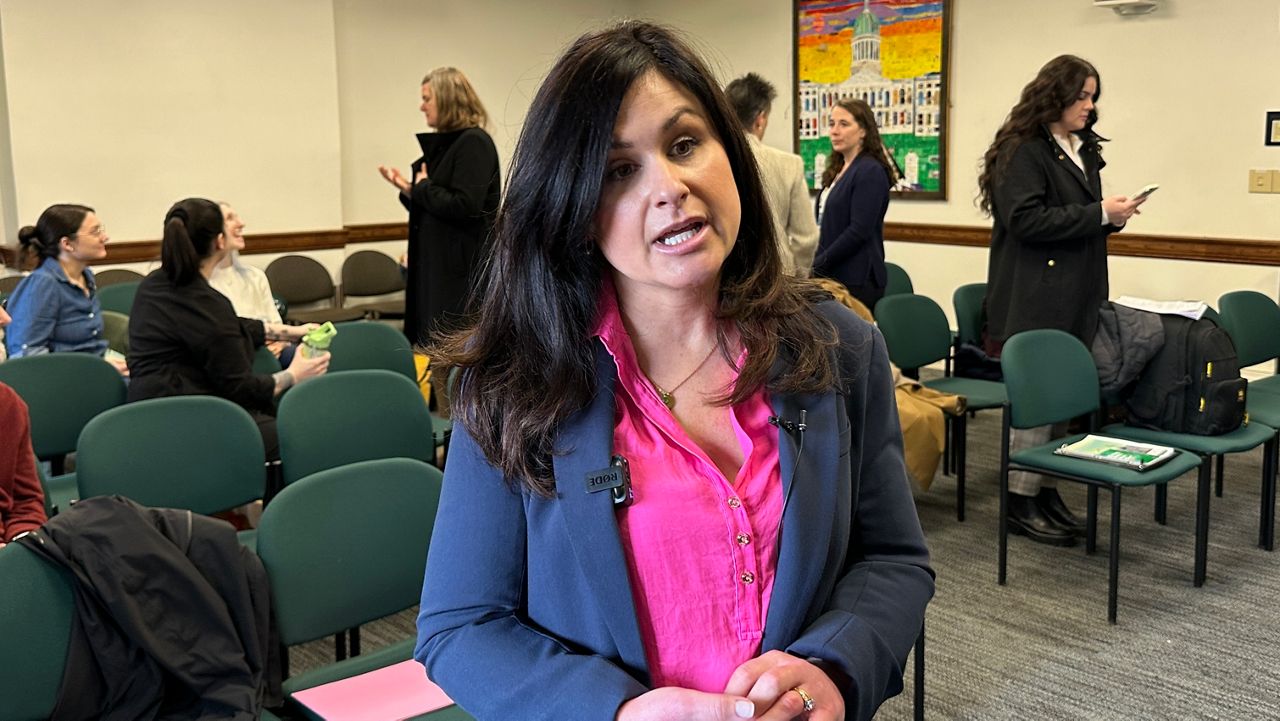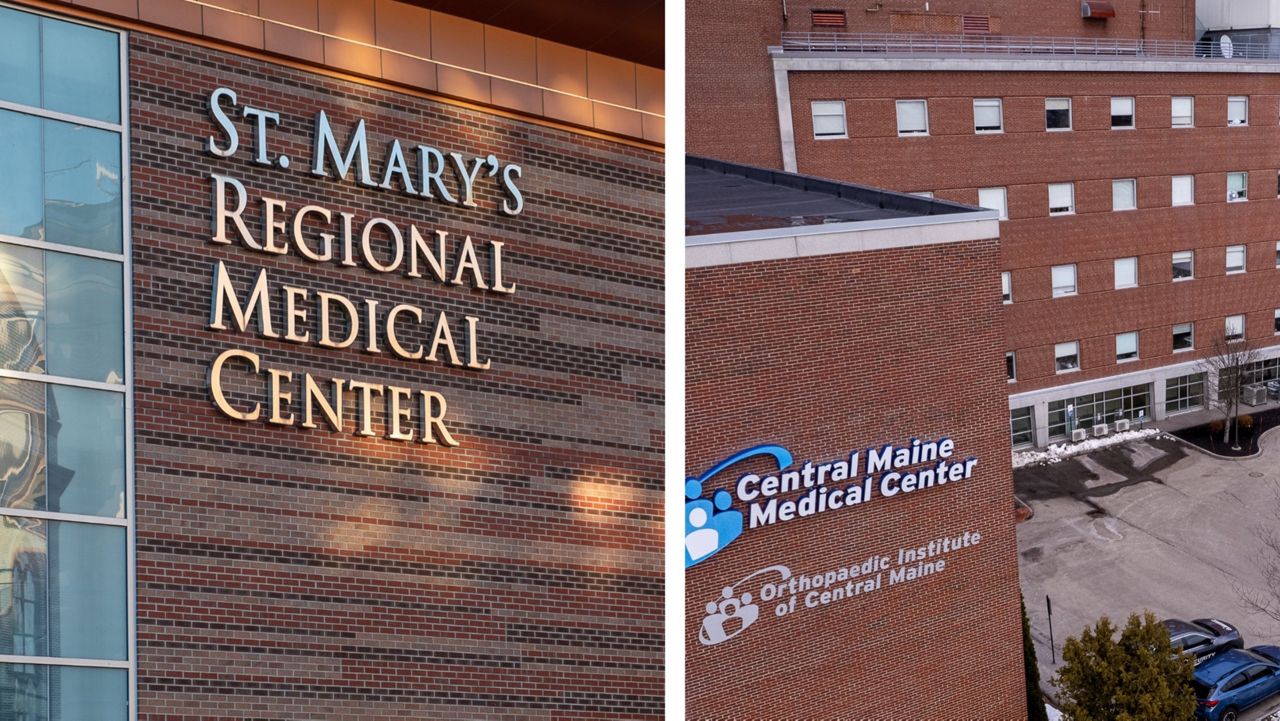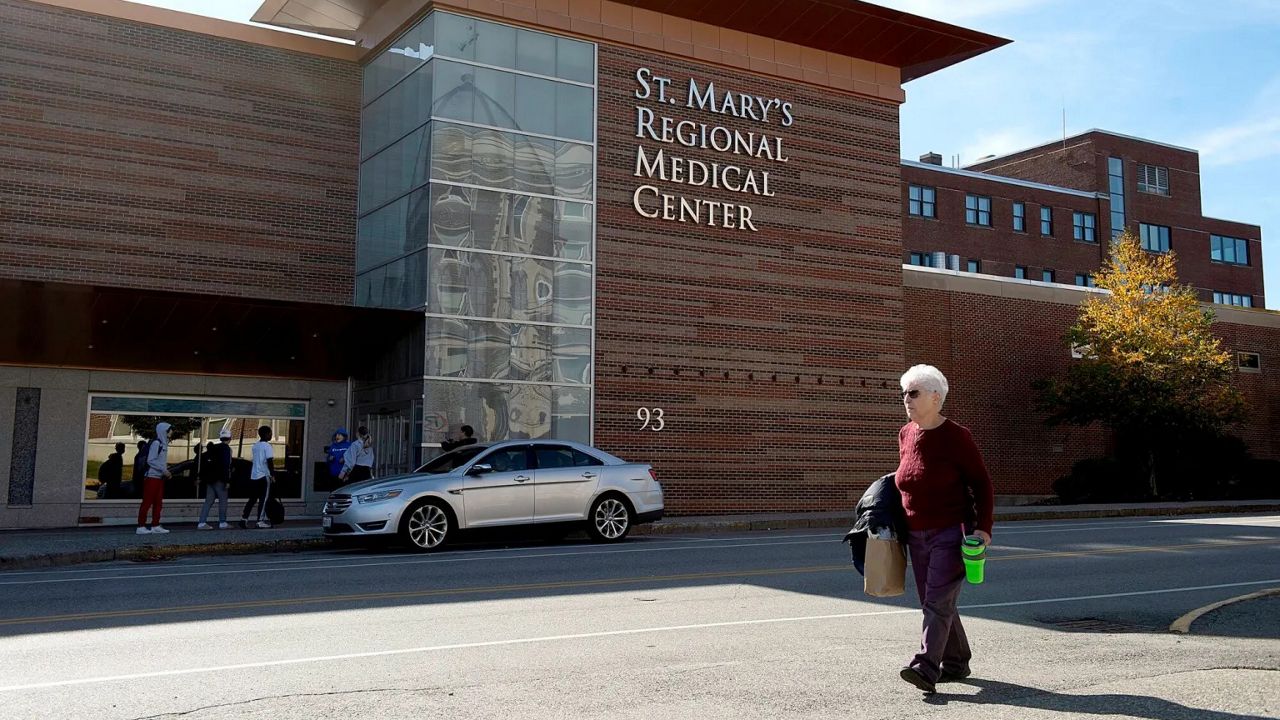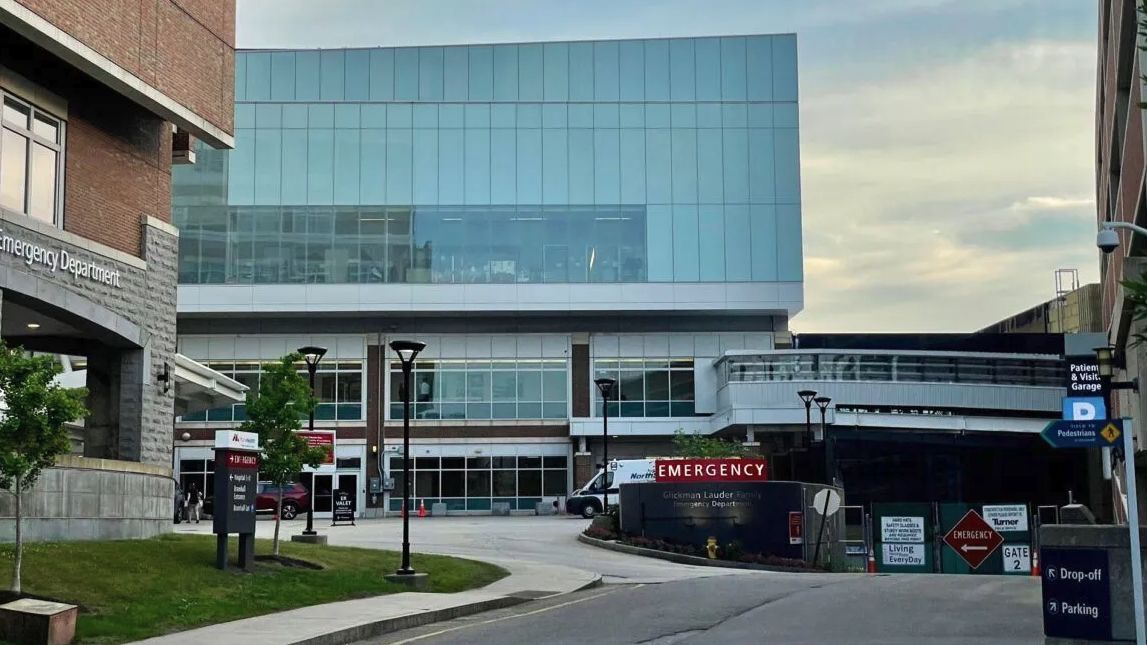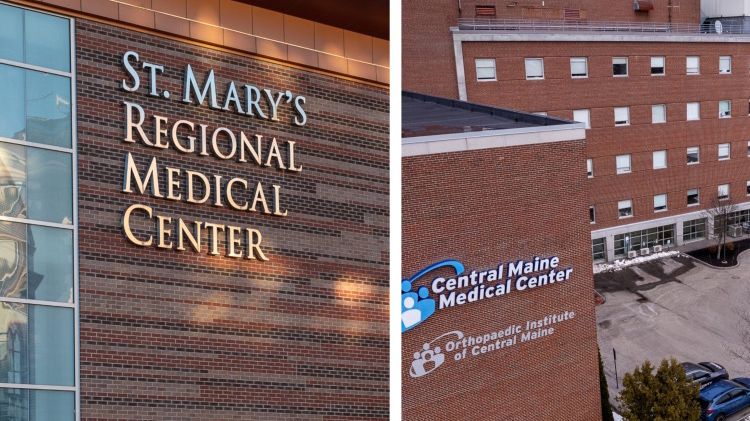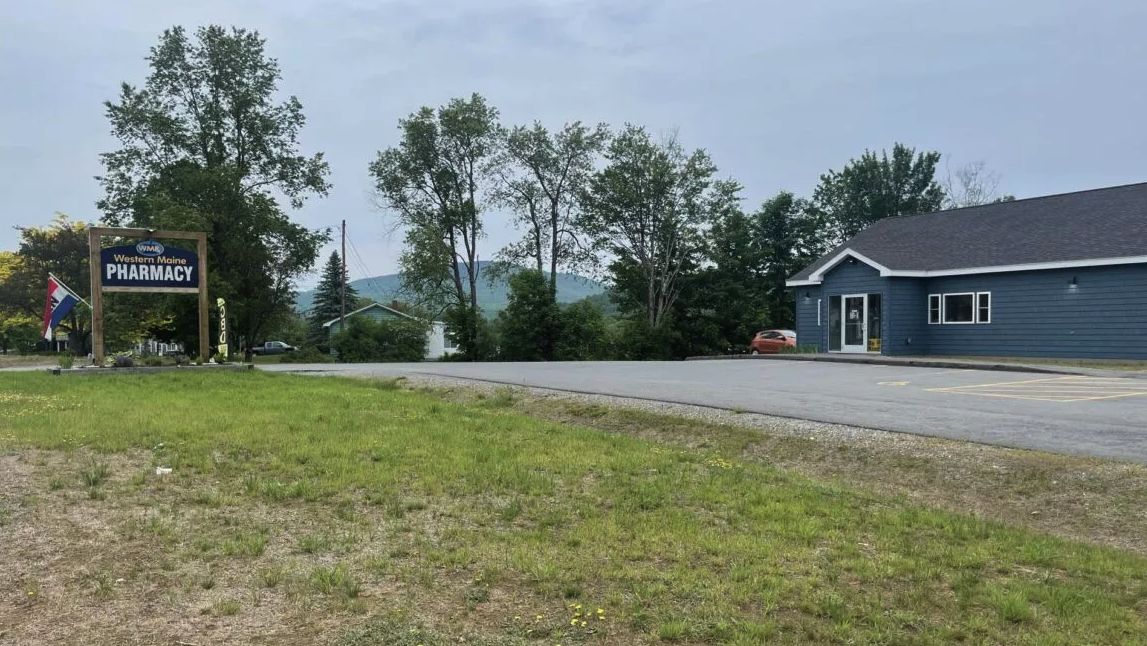AUGUSTA — Public health groups want state lawmakers to take aggressive steps to reduce the incidence of cancer, the leading cause of death in Maine.
Led by the Maine Public Health Association, the groups on Tuesday released a cancer prevention toolkit that highlights six major factors that contribute to cancer risk: tobacco, obesity, alcohol, radon, arsenic and the forever chemicals known as PFAS.
“Oftentimes it’s not individual choices that contribute to someone’s risk of cancer, it’s the communities that folks live in that make it harder or easier for people to live a healthy life,” said Matt Wellington, associate director of the public health association.
He said public health surveys show about half of all Maine high school students don’t feel they matter in their own communities. That feeling of disconnection leads to a higher rate of tobacco and alcohol use, he said.
Sen. Marianne Moore (R-Calais) said in her home district, which includes Washington County, cancer rates are higher than the state average. As a remote part of the state, patients must travel farther to get care, making it more important to focus on prevention, she said.
One issue is obesity, which affects nearly one in three adults in Maine.
“We should invest in community infrastructure that promotes physical activity and increases access to affordable, local and nutritious food to help reduce obesity and increase overall health,” she said.
The report recommends more than a dozen steps to reduce cancer risk in Maine, including the promotion of active transportation and safe places for physical activity.
Another recommendation — an increase in the tobacco tax — is currently under consideration by lawmakers. House Majority Leader Matt Moonen (D-Portland) said Maine hasn’t increased the cigarette tax in 20 years and that data shows that more people will quit smoking if the price increases and there are programs to help them quit.
“Lung cancer is the leading cancer diagnosis in Maine and smoking is the single largest risk factor in that,” he said.
During a State House news conference, breast cancer survivor Shawna Ackley said she was stunned to learn she had cancer after finding a pea-sized lump in her breast in 2021. She was just 38 and had a three-year-old son.
Following months of treatments, surgeries, medications, side-effects and major financial strain, she is urging Mainers to see a doctor if they suspect something may be wrong.
“If you are questioning anything, see your doctor,” she said. “I am so grateful for early detection as I am here today cancer free.”
The report notes that most cancer treatment facilities are in southern Maine and in some cases are more than 100 miles from patients in rural counties. It focuses on primary prevention and the importance of creating healthy communities to drive down cancer numbers.
And while lawmakers are actively considering an increase in the tobacco tax, other recommendations in the report — such as a tax on sugary drinks, labels on alcohol warning of cancer risk and funding for radon and arsenic filtration systems — are likely steps that will come in future years, Wellington said.
“We want this to be a wakeup call for legislators in Maine that we have a cancer problem in our state, that rates are too high, we know how to get it down, all we need is the political will to move it forward and pass these policies,” he said.




